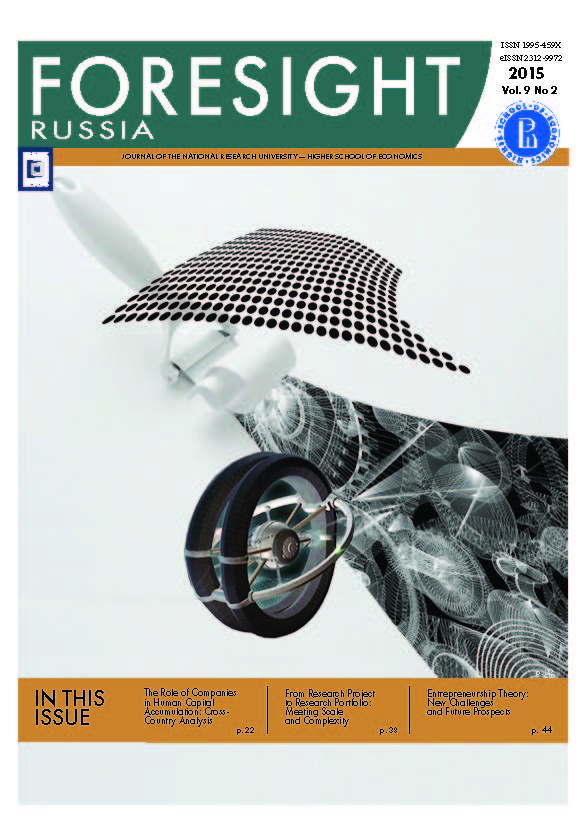Abstract
In this article, the mechanism of human capital accumulation is explored as an example of the participation of the economically active adult population in the main forms of lifelong learning. Demand for expanding lifelong activities is expressed by those employers who are concerned about the development of sustainable skills and upgrading the qualifications of their employees at companies. This process is driven by companies engaged in innovation activity. Russia has a high position in the world if the criterion for assessment is the level of formal education of employees, but Russian employees improve their professional knowledge and skills through lifelong learning less actively than employees in the EU. According to the results of the surveys, the gap between the rates of participation in lifelong learning of top and middle managers and the rates of participation of other employees is quite dramatic, and it demonstrates a failure in exchanging and transferring new knowledge and skills in Russian companies. In its turn, such a disproportionate state creates an obstacle for innovation activity in companies. In this article, we will discuss some state and corporate compensatory measures aimed at adjusting the extreme inequality in the education and training of employees. A higher return on investment in training can be achieved only by the harmonization of advanced knowledge of top and middle managers, who are most actively participating in lifelong learning, with a process of training other employees at companies. Middle managers are considered a key element, a sort of proponent of such a knowledge and skills exchange system, because they act as a mentors for workers.The paper’s core is comparative analysis of international surveys and a survey of Russian employers in six sectors of economy as a part of project “Monitoring of education markets and organizations,” which was initiated by the Russian Ministry of Education and Science and was conducted by National Research University HSE and Levada Center. In the paper we estimate the educational capital of top and middle managers and their rate of participation in lifelong training compared with the rate for employees occupying lower positions and evaluate Russian employers’ contribution to the provision of lifelong learning for employees in comparison with their colleagues from countries in the EU and OECD.Downloads
Download data is not yet available.

